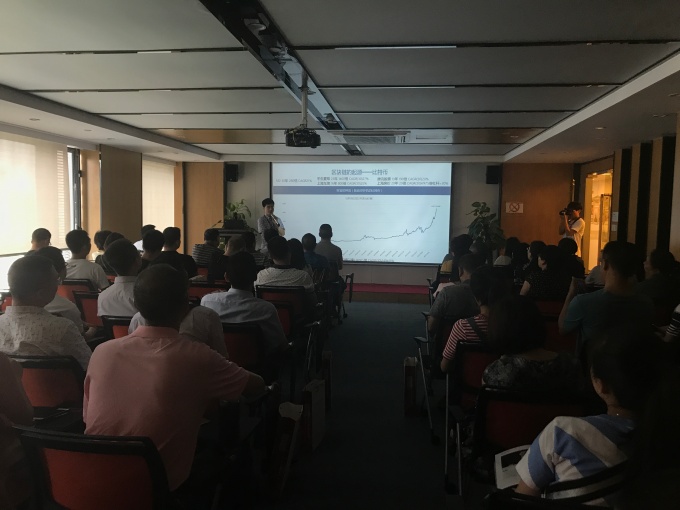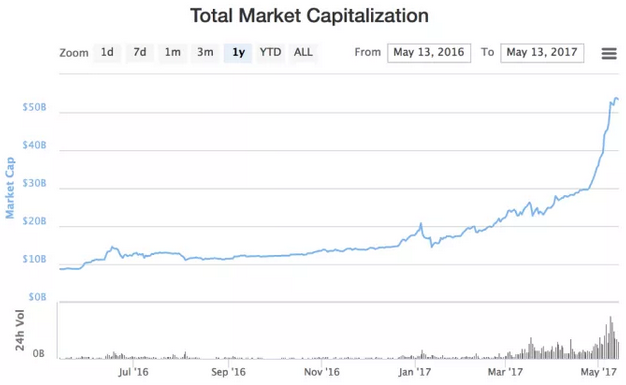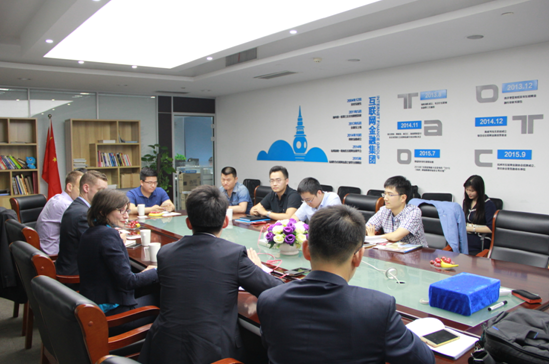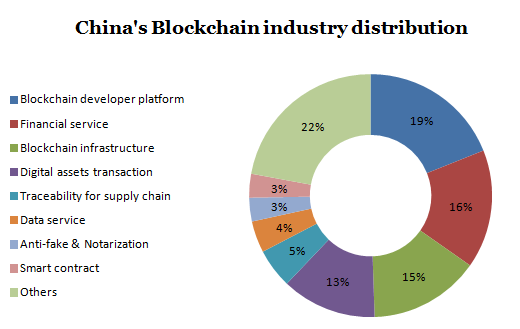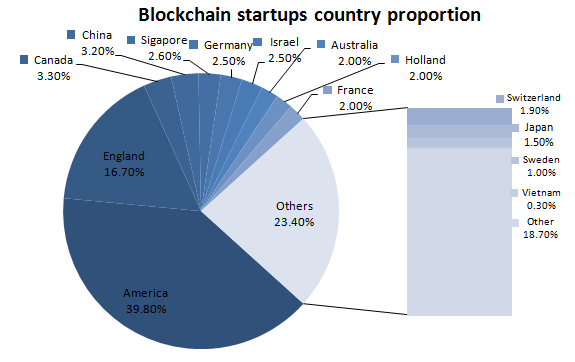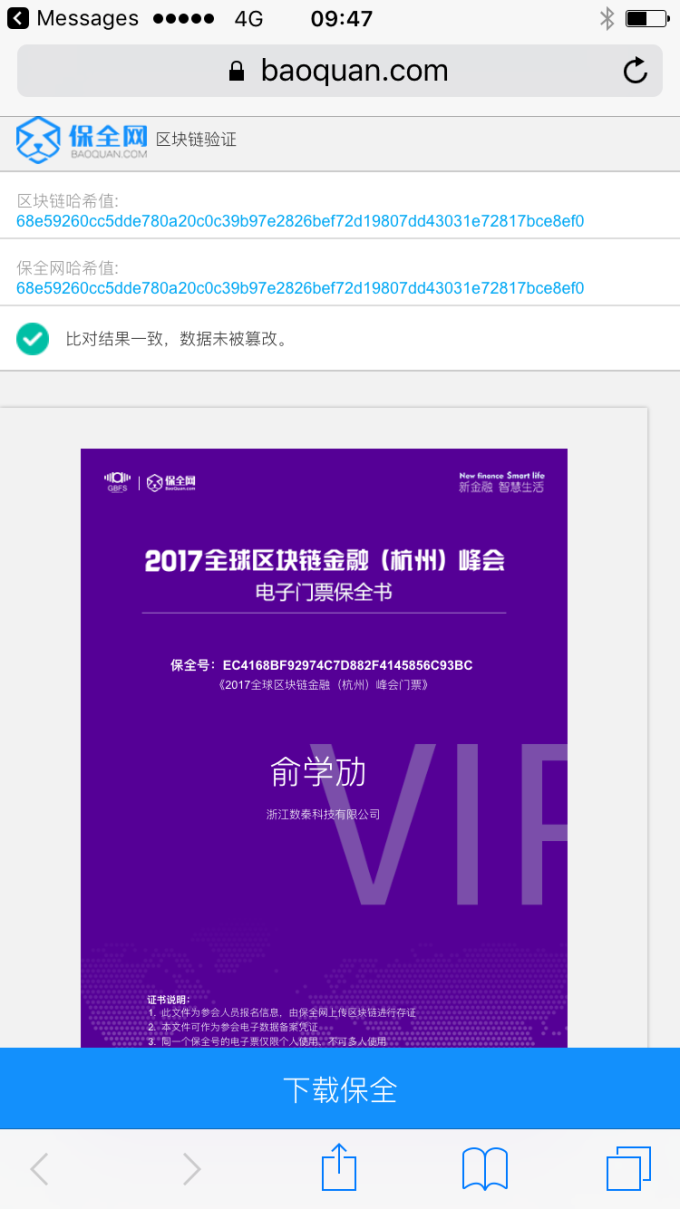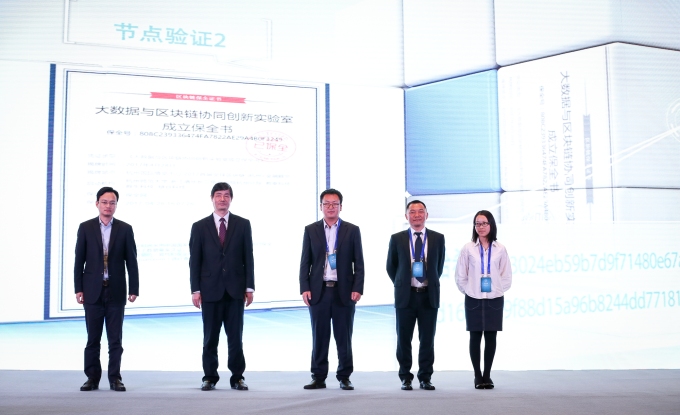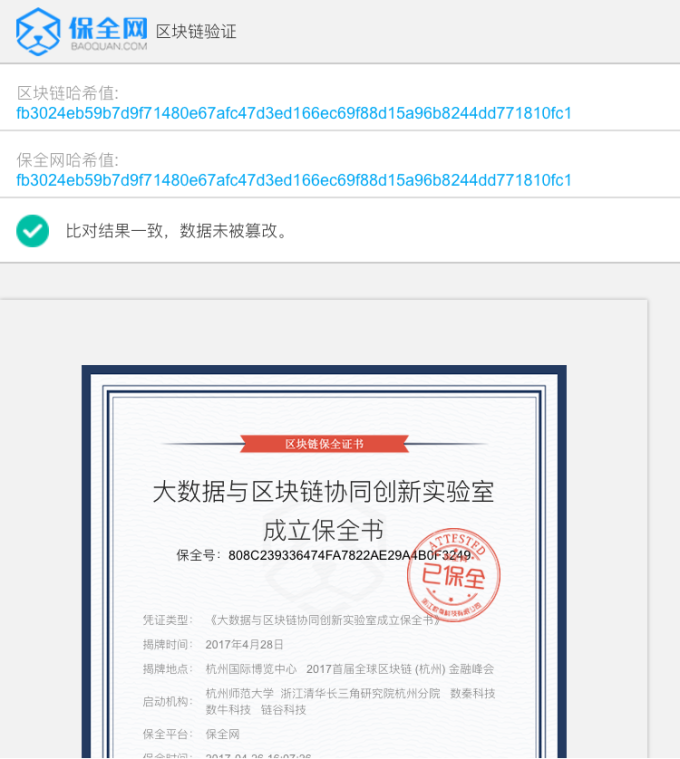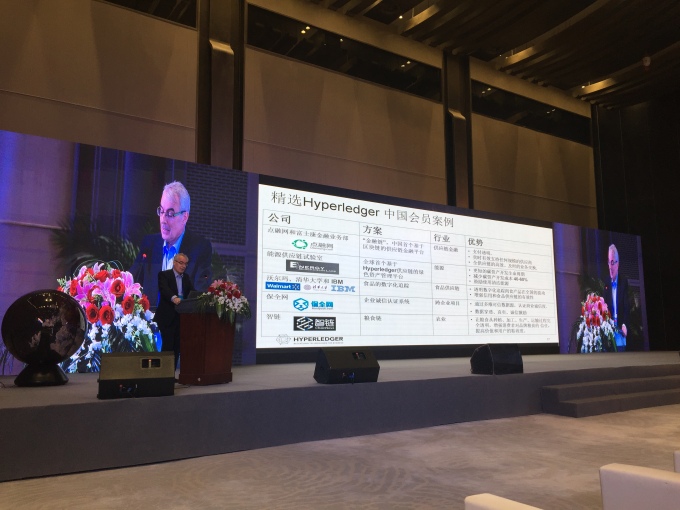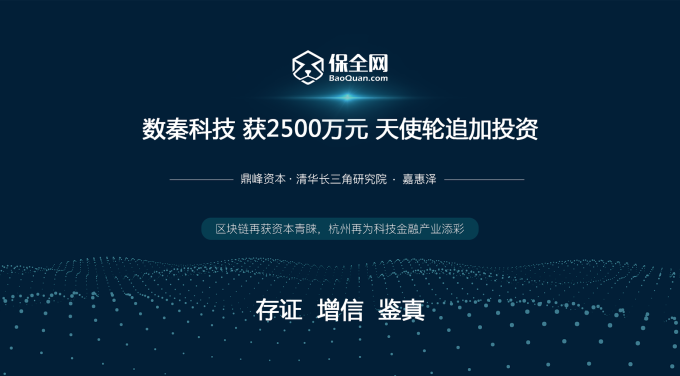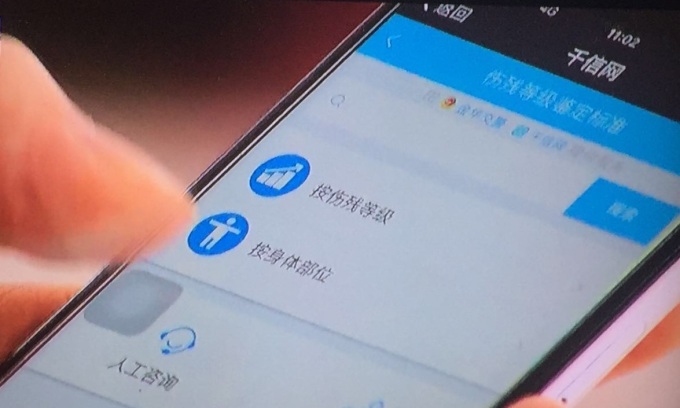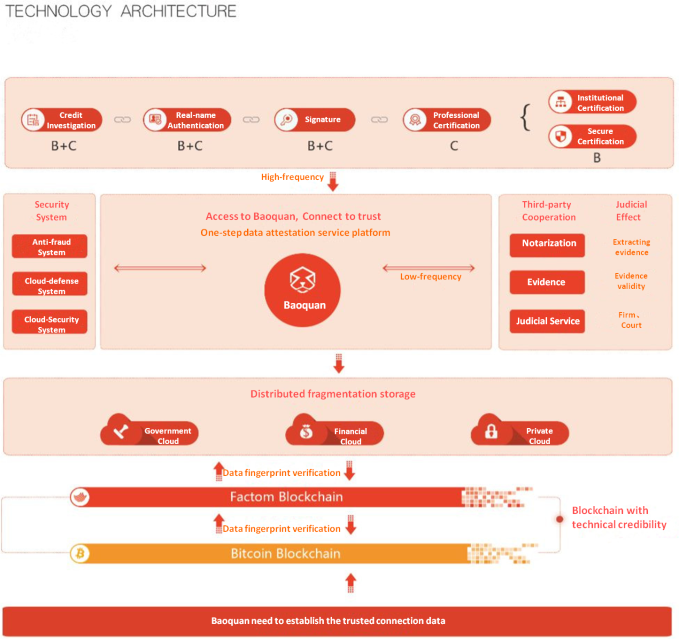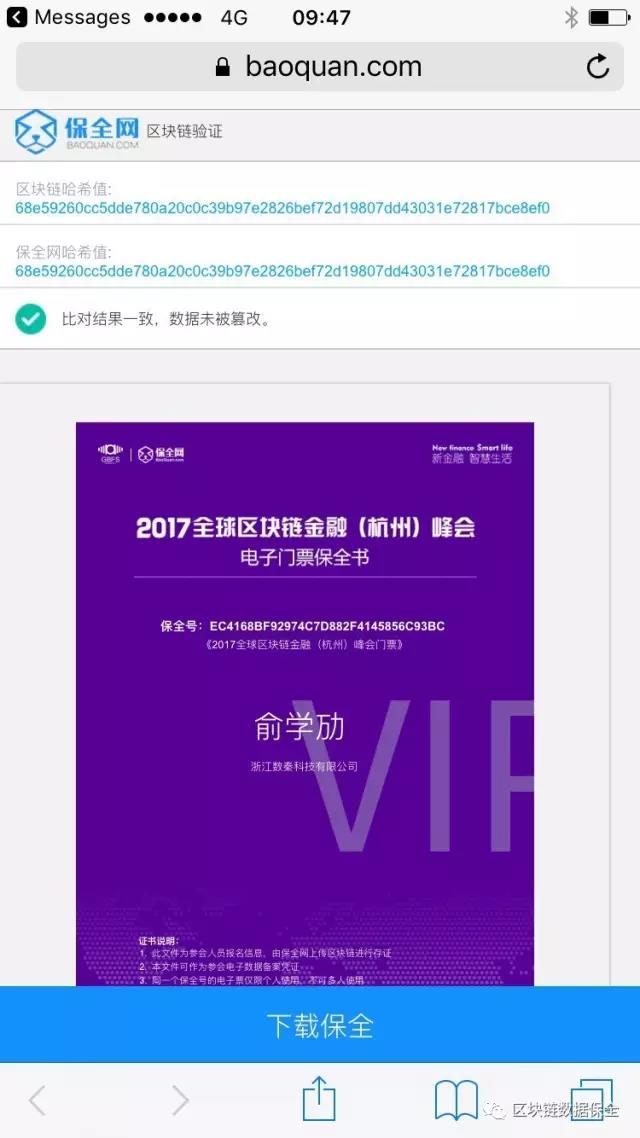The venture capital industry is beginning to take a good, hard look at a new financial instrument coming out of the bitcoin community — Initial Coin Offerings, or ICOs. Also known as “token sales” , this new fundraising phenomenon is being fueled by a convergence of blockchain technology, new wealth, clever entrepreneurs, and crypto-investors who are backing blockchain-fueled ideas. ICOs present both benefits and disadvantages, as well as threats and opportunities, to the traditional venture capital business model.
Here’s how an ICO typically works:
A new cryptocurrency is created on a protocol such as Counterparty, Ethereum, orOpenledger, and a value is arbitrarily determined by the startup team behind the ICO based on what they think the network is worth at its current stage.
Then, via price dynamics determined by market supply and demand, the value is settled on by the network of participants, rather than by a central authority or government.
Venture capitalists, who generally have been standoffish to the ICO phenomenon, are now becoming more interested in it for a number of reasons:
- For the profits.
Cryptocurrency investors made some massive returns in 2016, with cryptocurrencies from Blockchain startups Monero and NEM both seeing 2,000% increases in value. For example, the cryptocurrency used for the Ethereum network, called Ether, saw its value double in just a few days in March 2017. Yes, in three days, people who invested in Ether doubled their investment. Those investors can opt to cash out to a fiat-backed currency, or wait for the cryptocurrency to continue to rise (or fall). Volatility is a two-way street. While the price of Ether has been rising, Bitcoin has dropped 20% to $1,000 dollars from a record $1,290 on March 3, 2017.
- For the liquidity of cryptocurrencies.
Rather than tying up vast amounts of funds in a unicorn startup and waiting for the long play — an IPO or an acquisition — investors can see gains more quickly, and can pull profits out more easily, via ICOs. They simply need to convert their cryptocurrency profits into Bitcoin or Ether on any of the cryptocurrency exchanges that carry it, and then it’s easily converted to fiat currency via online services such as Coinsbank or Coinbase.
What traditional investors don’t like about:
- Uncertainty of the regulatory;
- High valuations and over-capitalization;
- Lack of control over financials, strategy, and operations;
- Lack of business use-cases.
And like any industry, the ICO arena has had its fair share of outright scams, pump and dumps, and blatant Ponzi schemes. However, much of the criminal activity is now being mitigated by self-organized, crowdsourced due diligence in the community, as well as by external parties such as Smith and Crown, a research group focused on cryptofinance, and ICO Rating, a ratings agency that issues independent analytical research on blockchain-based companies.
The CEO Gao Hang of Shuqin Tech, first had contact with Blockchian when read the paper of Satoshi Nakamoto. And based on the previous professional habits, he confirmed that the blockchain technology would play great role in financial or non-financial fields. Bitcoin, is a new Internet currency system without the third party credit intermediary, then to build the marcreconomic model for the world. And Baoquan.com, the first product of Shuqin Tech, the core service is for the trustworthy electronic certificate.
For more detail solution:
https://www.baoquan.com/en/




